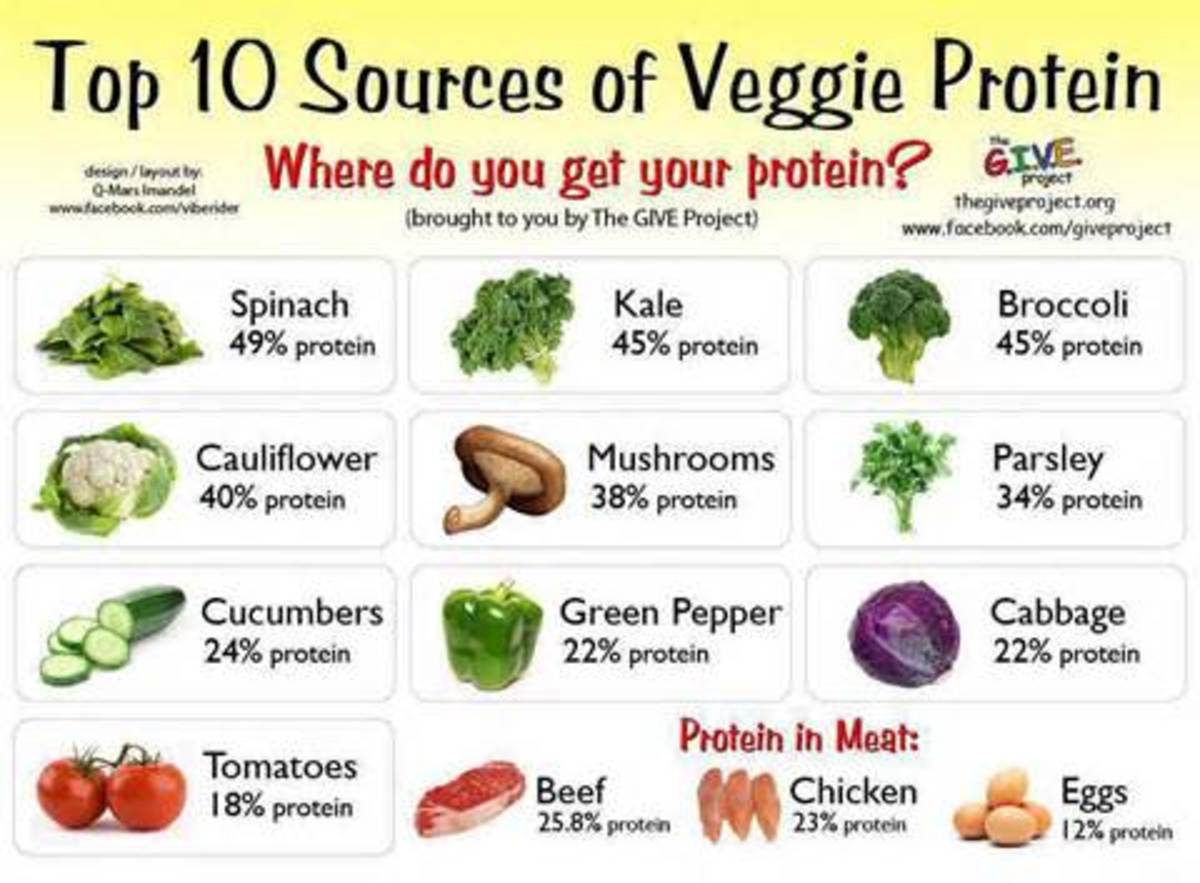A Case for Mindful Eating

Traditionally, the teachings of Buddhism and some other religious faiths urge us to be mindful about every act, at every moment, every day of our lives. Mindfulness is the act of paying full, non-judgmental attention to our moment-to-moment experience. It gives meaning to every action.
Likewise, mindful eating involves using mindfulness to reach a state of full attention to the experiences, cravings and physical cues when eating. Basically, it involves:
- Eating slowly and without distraction.
- Listening to hunger cues and eating only until one is full.
- Distinguishing between actual hunger and non-hunger triggers for eating.
- Engaging senses by noticing colors, smells, sounds, textures, and tastes.
- Eating to maintain overall health and well-being.
- Noticing the effects food has on feelings.
- Learning to cope with guilt and anxiety about food.
- Appreciating food.
By practicing mindful eating, we can change our eating habits because we become more consciously aware of the things that we eat and put into our bodies and whether we are getting the proper nutrients from what we are eating.
The Benefits of Mindful Eating –
Helps digestion and absorption of nutrients – Mindful eating requires that we chew food more thoroughly, breaking it down into very small pieces so that it can be absorbed through incredibly small passages in the small intestine. This results in better digestion and consequently better absorption of nutrients.
Reduces weight – In a study published in the American Journal of Clinical Nutrition, when the participants chewed their food a little more than usual, their levels of gut hormones related to hunger and satiety also improved. Therefore, improving chewing activity can become a useful tool for combating obesity. People, who eat mindfully, tend to eat less because it helps them tune into their feelings of fullness.
In another study published in the Journal of Obesity, it was found that more chewing activity increased DIT (Diet‐induced thermogenesis) at least partially due to the postprandial splanchnic circulation. DIT is the increase in energy expenditure associated with the digestion, absorption, and storage of foods, accounting for approximately 10‐15% of the total daily energy expenditure. By taking a little extra time for chewing, one can theoretically burn about 2,000 extra calories each month. Thus it can also be proposed as a strategy for weight management.
The effect of chewing on the splanchnic circulation and the possible association between DIT and the splanchnic circulation remain to be validated further.
Helps avoid overeating – Mindfulness helps us manage our emotions better. It is a normal response for many to reach out for their comfort foods to eat as a coping strategy when they are emotionally upset. Mindfulness changes the way one thinks. Rather than reacting to food-related thoughts, which urge to eat emotionally, one respond to them positively thus avoiding overeating.
Helps tune into our bodies – Mindful eating requires us to be truly present with our thoughts, feelings, and emotions when we eat. We learn to pay attention to our body’s cues as well. By being in tune with the body, it's easier to register fullness, which can help prevent overeating that may result in digestive and other problems.
Prevents binge eating - Mindfulness helps connect the mind and the body. It slows us down for a moment so that we move from reacting to responding. Likewise, mindful eating changes our reaction towards eating into a response, thus helping us prevent binge eating.
Helps enjoy the taste of food – Our taste buds start to get tired after only a few bites. We keep eating if we’re not really enjoying the food as much. Mindful eating connects us with our inner gourmet, which can enjoy epicurean pleasures of our food.
Helps choose food wisely – Mindful eating also involves choosing our foods wisely both for satisfaction and health. It enhances our awareness as to what kind of food and how much of it is beneficial for our health. It helps us tune in mindfully to create a balance between our health needs and personal fondness for certain foods.
The Bottom Line –
Mindfulness helps us appreciate the present moment and flourish in it. It arms us with the ability to “be” in this moment as opposed to constantly feeling pressured to “do” in another one.
Food is an intimately personal thing; we savor some tastes and despise others. But the way we chew and eat our food impacts our overall consumption.
Our busy and hectic lifestyle has hardly left any room for mindful eating. We will have to acquiesce to mindful eating so as to derive its health-related and other benefits.
Mindful eating will change our perspective about eating. Instead of eating merely out of need, we will begin to relish eating more and be grateful for our ability to do so when we will reap its benefits.
References -
- Improvement in chewing activity reduces energy intake in one meal and modulates plasma gut hormone concentrations in obese and lean young Chinese men
- The American Journal of Clinical Nutrition, Volume 94, Issue 3, 1 September 2011, Pages 709–716, https://doi.org/10.3945/ajcn.111.015164
- The number of chews and meal duration affect diet-induced thermogenesis and splanchnic circulation published Yuka Hamada, Hideaki Kashnima, Naoyuki Hayashi First: 03 Feb. 2014 https://doi.org/10.1002/oby.20715








